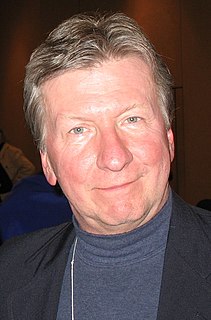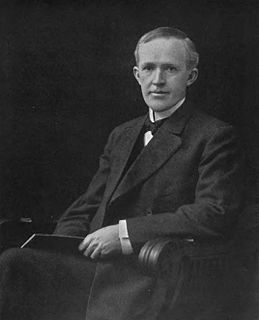A Quote by Robert Bly
Sociological prose can tell you everything, but it can't point out the grief.
Quote Topics
Related Quotes
Poetry has an indirect way of hinting at things. Poetry is feminine. Prose is masculine. Prose, the very structure of it, is logical; poetry is basically illogical. Prose has to be clear-cut; poetry has to be vague - that's its beauty, its quality. Prose simply says what it says; poetry says many things. Prose is needed in the day-to-day world, in the marketplace. But whenever something of the heart has to be said, prose is always found inadequate - one has to fall back to poetry.
I have to tell it again and again: I have no doctrine. I only point out something. I point out reality, I point out something in reality which has not or too little been seen. I take him who listens to me at his hand and lead him to the window. I push open the window and point outside. I have no doctrine, I carry on a dialogue.




































